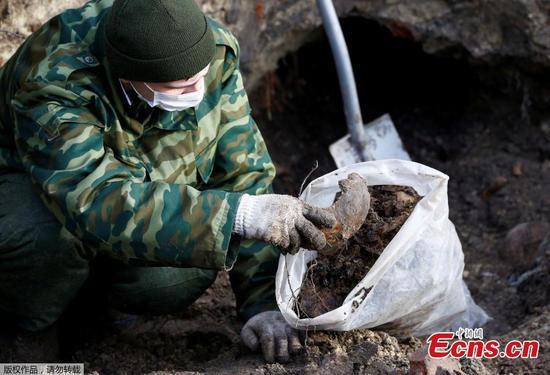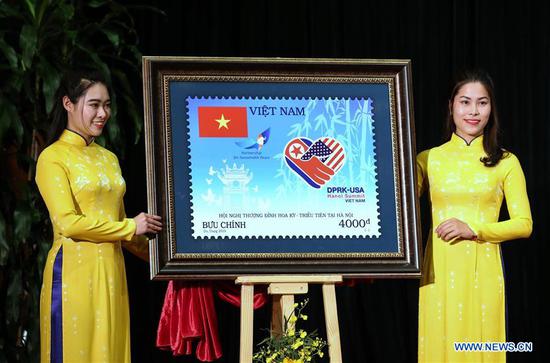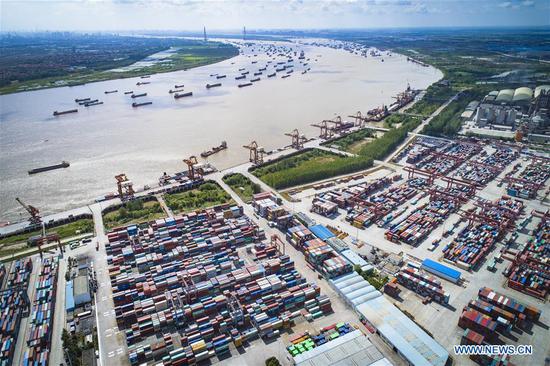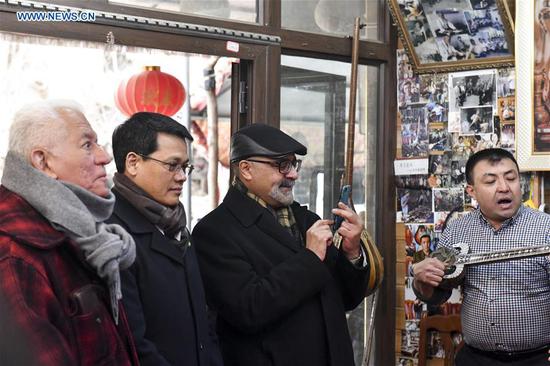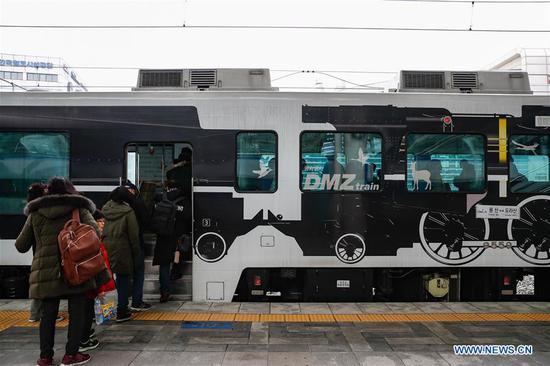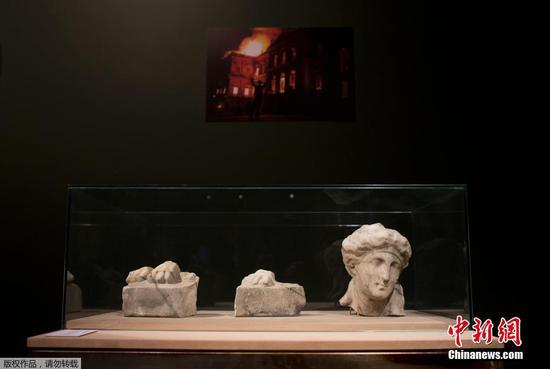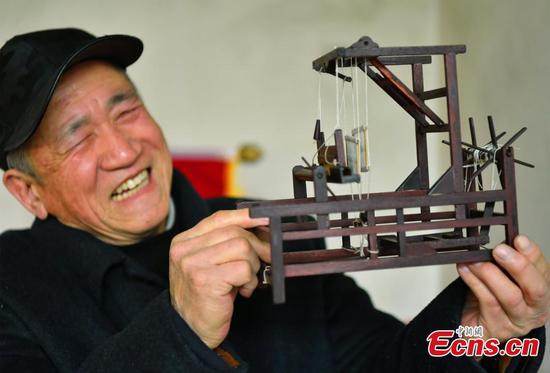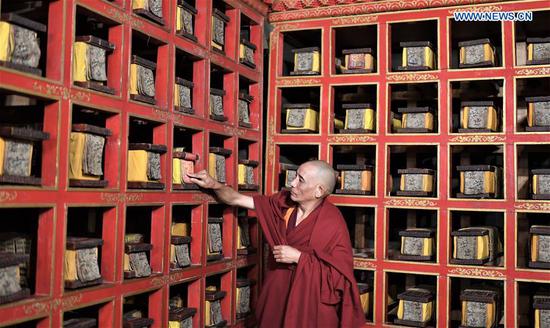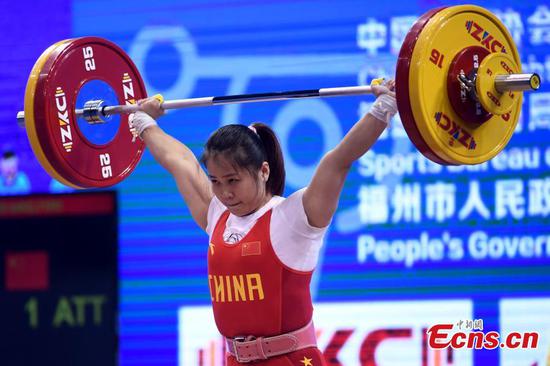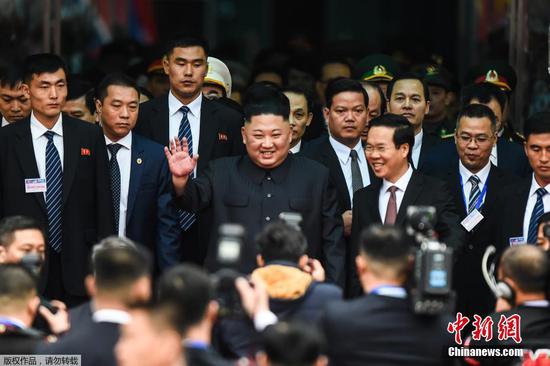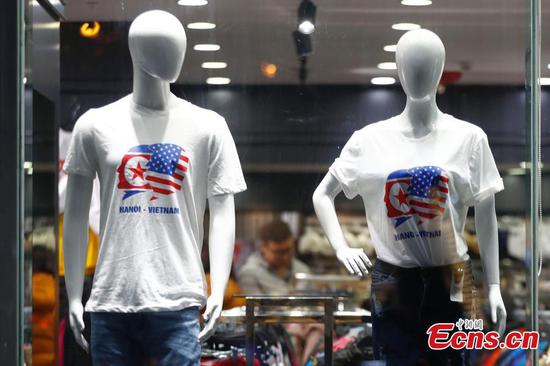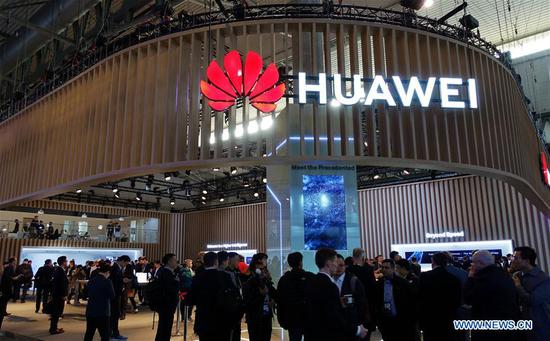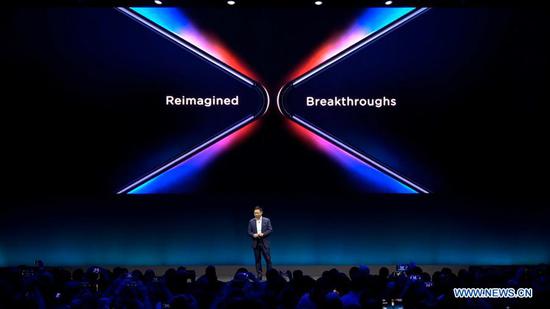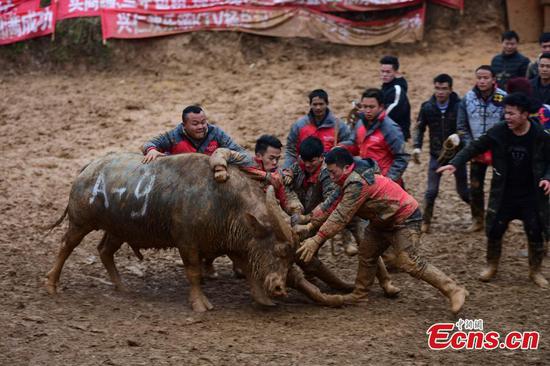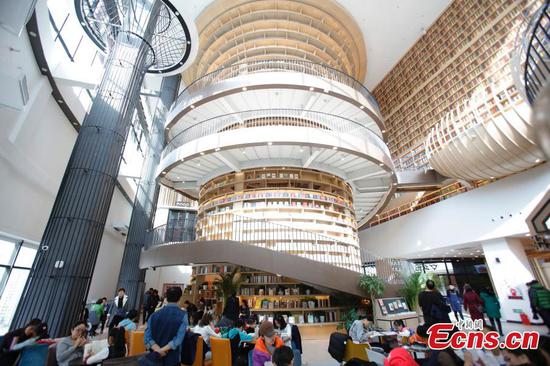
Consumers wait in line to buy coffee from Tim Hortons' first store in the Chinese mainland in Shanghai on Tuesday. (Photo: Xie Jun/GT)
Chinese customers are willing to spend hours to wait before they can take a sip of Tim Hortons coffee, the 55-year-old Canadian coffee maker, which opened its first store in the Chinese mainland in Shanghai on Tuesday.
As late as 6:30 pm, outside the coffee shop in Shanghai's Central Plaza, customers were queuing up in an orderly zigzag shape out of the coffee shop, while a number of Tim Hortons employees, dressed in red uniforms, were maintaining order as well as guiding newcomers to line up for the coffee shop.
Near the end of the queue, a board suggested the waiting time was about 90 minutes. It took even longer at peak time around noon, when the waiting time could be three to four hours, an employee told the Global Times.
The hot scene on Tuesday is yet evidence that Canadian companies and products are very popular among Chinese consumers and have huge potential in the Chinese market. But tense diplomatic relations between China and Canada over the Huawei CFO case could impact normal business operations.
A customer said he had tasted the coffee before in Canada and liked its black coffee very much. "So when I learned from newspaper that the coffee shop would open in Shanghai, I came," he told the Global Times on Tuesday.
Another customer, a teacher surnamed Zhao, had a similar experience of tasting the coffee before when she was in Toronto. So when she was informed by the shop that she had won a coupon for free coffee and snacks, she decided to visit.
Zhao said that Tim Hortons' advantage is that it offers a wider choice of coffee and food compared with other brands like Starbucks.
With such a hot scene, Alex Macedo, president of Tim Hortons, said that he believed that the coffee business will maintain double-digit continuous growth in China in the next decade with China's population size and dynamic economy, according to a statement Tim Hortons sent to the Global Times on Tuesday.
The statement also noted that Tim Hortons plans to open 1,500 stores in China in the next 10 years.
However, the future for the Canadian company might not be as smooth, given fierce competition in the Chinese coffee market from rivals such as US-based Starbucks and China's homegrown Luckin, which are already engaged in a heated fight for the lucrative market.
"[Tim Hortons] needs core competitiveness to survive," Zhu Danpeng, a Guangzhou-based food industry analyst, told the Global Times on Tuesday.
Amid the single-digit growth of the global coffee market, the stellar double-digit annual increase in the Chinese market has become very alluring for both international and homegrown brands, said Zhu. "Such growth momentum is set to persist in the next five years."
Apart from market competition, a diplomatic row between China and Canada over the latter's arrest of Huawei CFO Meng Wanzhou at the behest of the US could also cast risks for Tim Hortons or other Canadian businesses.
Song Guoyou, director of Fudan University's Center for Economic Diplomacy, told the Global Times on Tuesday that if the Huawei case cannot be dealt with properly by the Canadian side, it will have an impact on bilateral relations and thus result in "potential risks" for the country's companies doing business in China.
Toronto-based luxury coat maker Canada Goose has encountered a backlash from Chinese websites and social media, where netizens have called for a boycott of the brand after Meng was arrested in Canada in early December last year.









